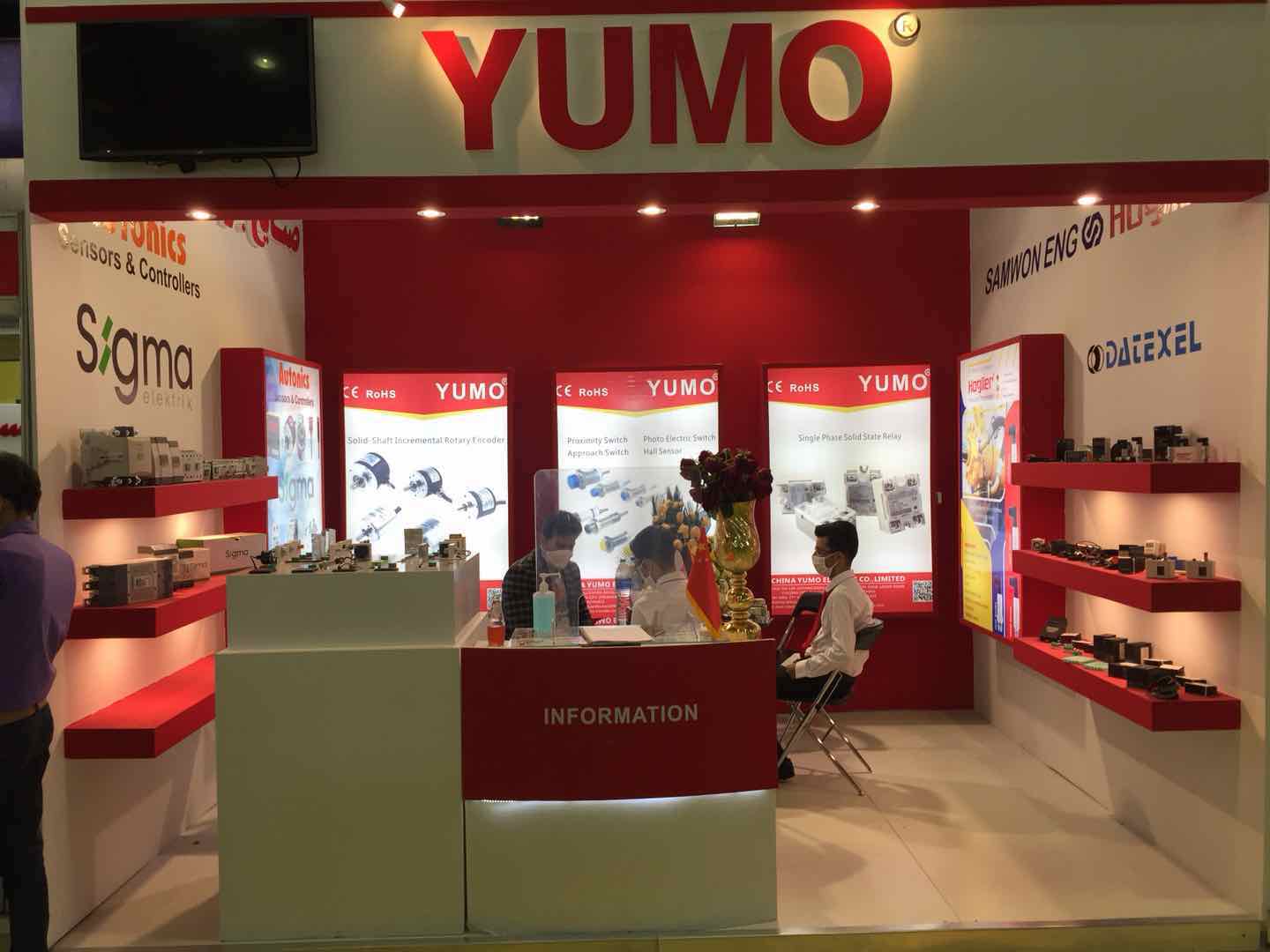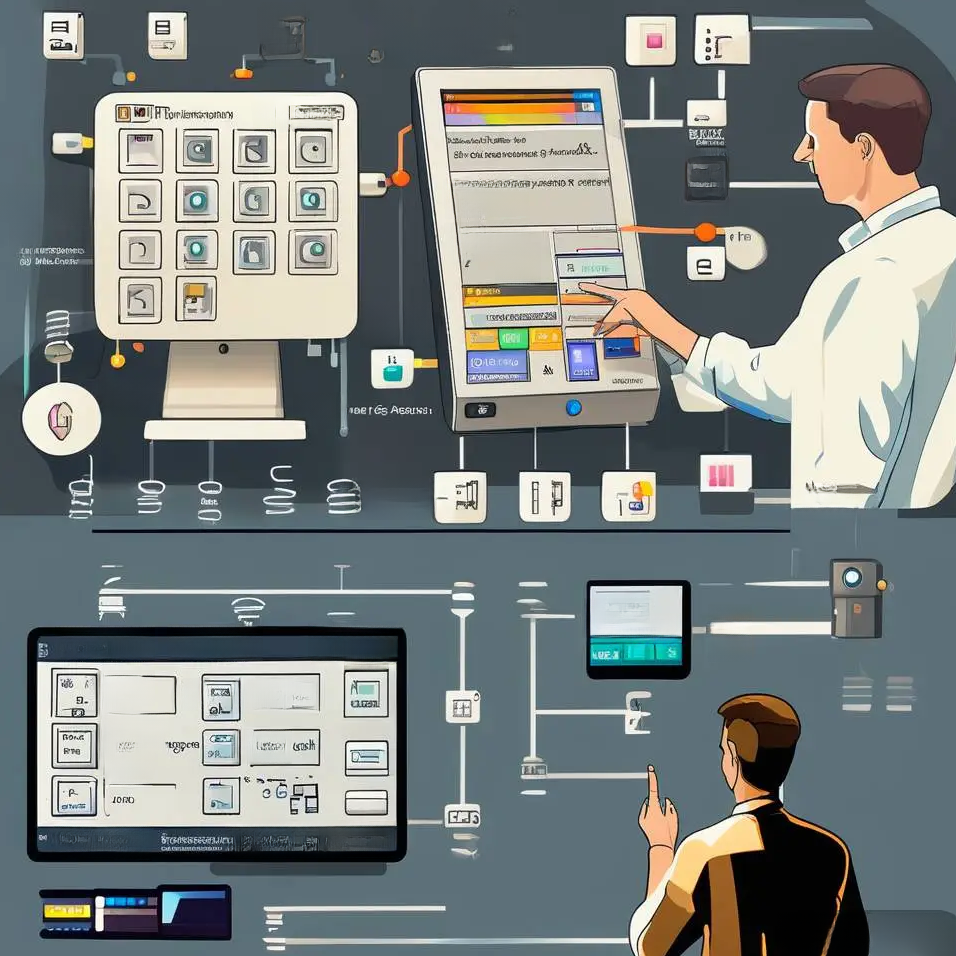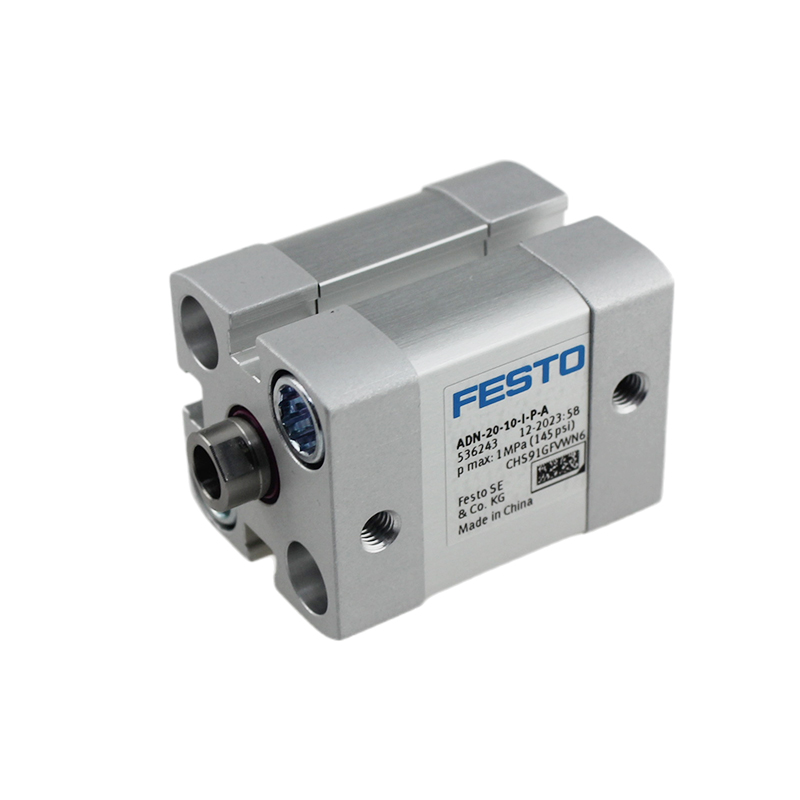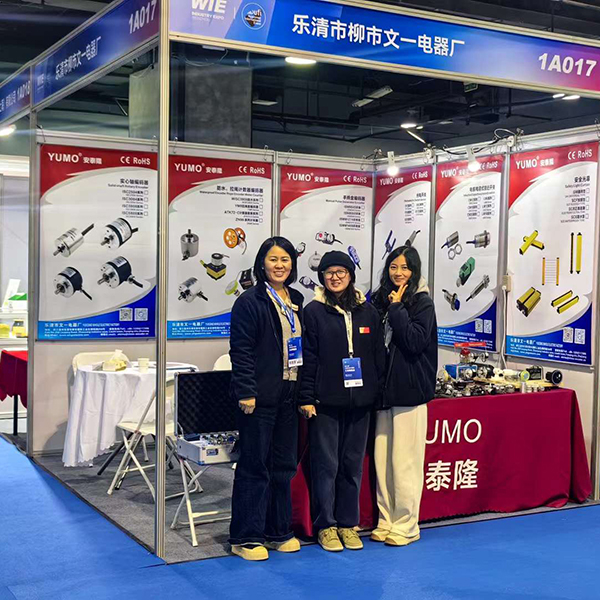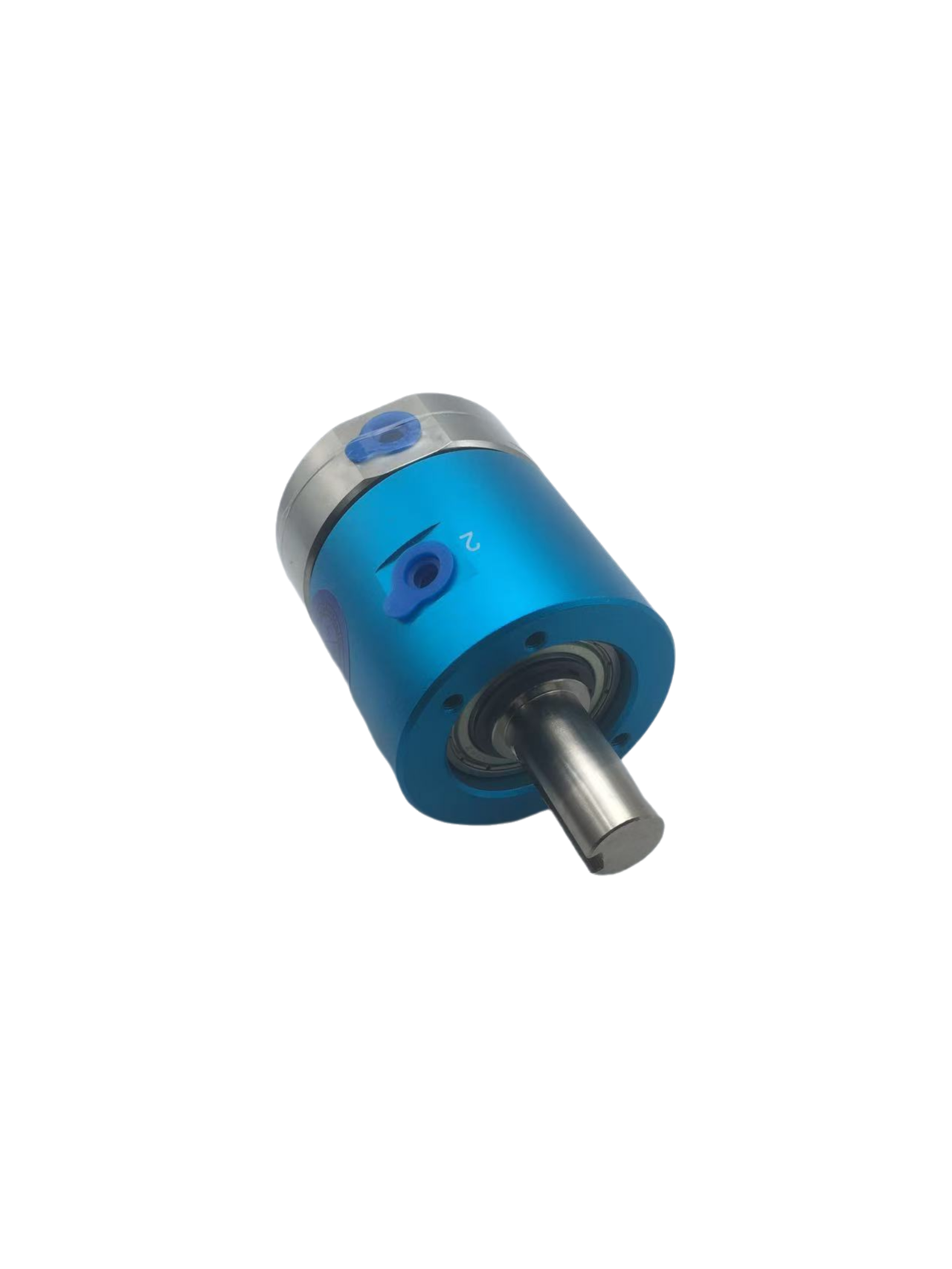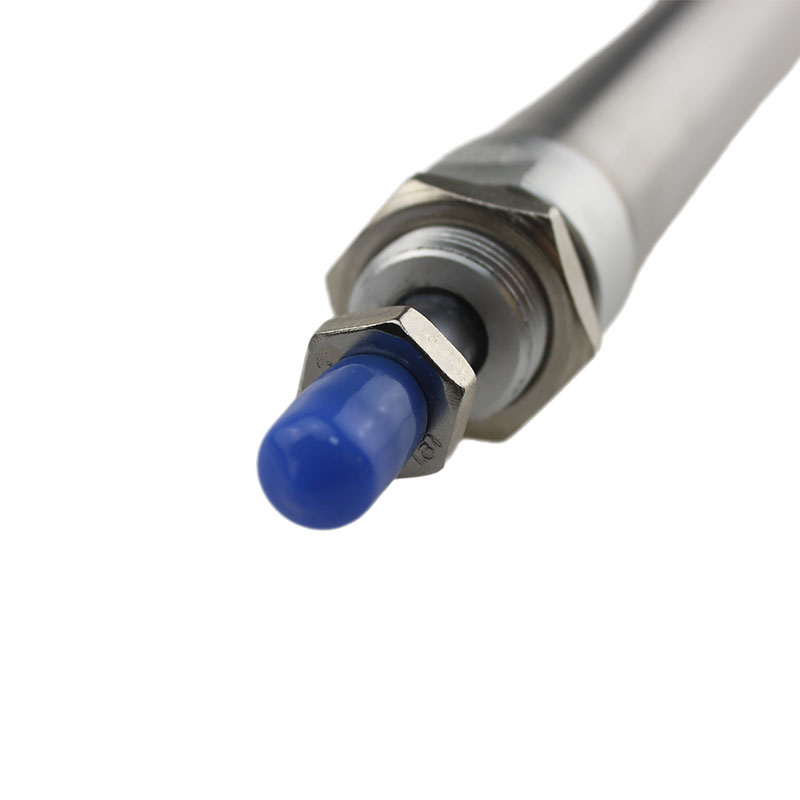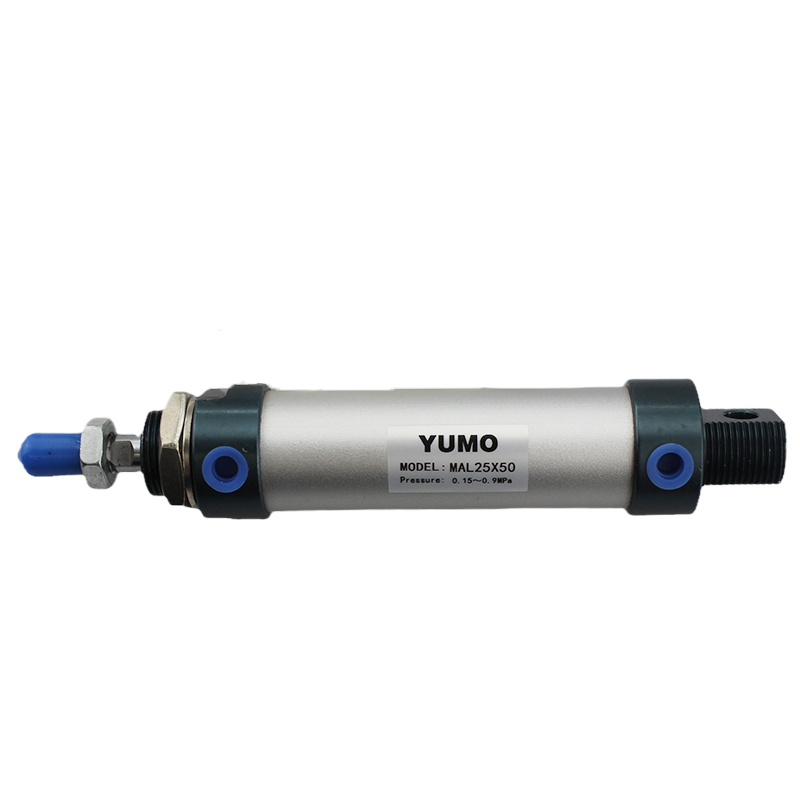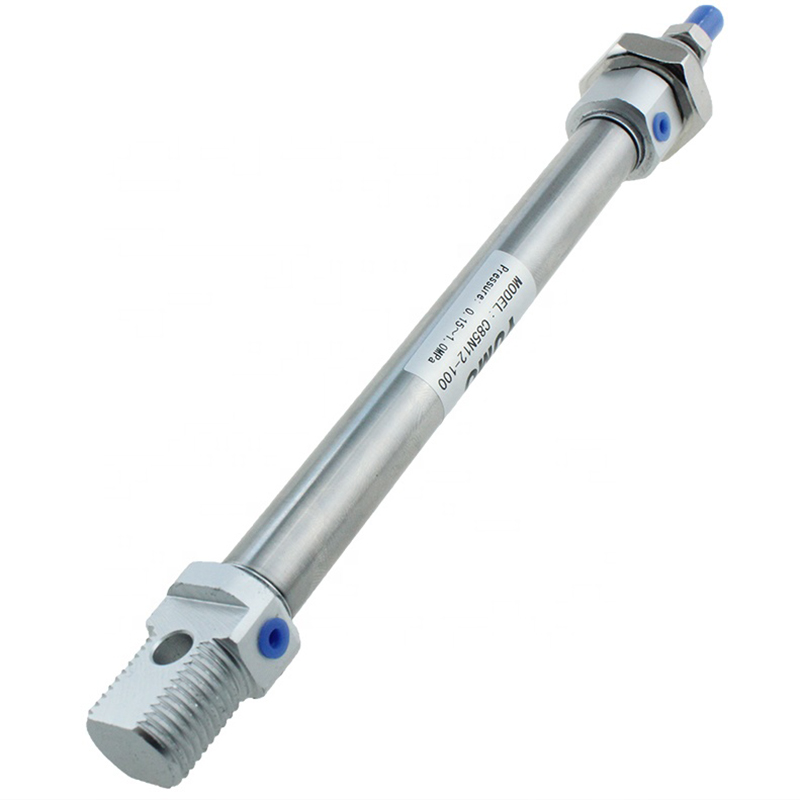Pneumatic Rotary Actuator: Powering Efficiency and Precision in Rotational Control
Introduction:
Pneumatic rotary actuators are crucial components in various industrial applications, providing controlled rotary motion and enabling efficient and precise operation. This article explores the working principle, applications, and benefits of pneumatic rotary actuators in different industries.
Part 1: Working Principle
A pneumatic rotary actuator converts compressed air energy into rotational motion. It consists of a piston, rack, and pinion mechanism. When pressurized air is supplied to the actuator, it drives the piston, which in turn rotates the rack and pinion mechanism. This rotational motion is used to control valves, dampers, or any other rotary-driven equipment.
Part 2: Applications
Pneumatic rotary actuators find wide-ranging applications in various industries, including:
-
Manufacturing and Automation: Pneumatic rotary actuators are extensively used in manufacturing and automation processes. They drive rotary motion in robotics, conveyors, indexing tables, and assembly lines, enabling precise positioning, gripping, and part transfer.
-
Process Control: In industries such as oil and gas, chemical, and water treatment, pneumatic rotary actuators play a vital role in controlling valves. They provide swift and accurate valve actuation, regulating the flow of fluids or gases, and ensuring smooth process control.
-
HVAC Systems: Pneumatic rotary actuators are employed in heating, ventilation, and air conditioning (HVAC) systems to control dampers and louvers. They enable the adjustment of airflow, temperature, and air distribution, ensuring optimal comfort and energy efficiency in buildings.
-
Material Handling: Pneumatic rotary actuators are utilized in material handling equipment, such as conveyor systems and packaging machinery. They enable controlled rotation for sorting, diverting, and positioning items on the production line.
Part 3: Benefits
Pneumatic rotary actuators offer several advantages in industrial applications:
-
High Speed and Response: Pneumatic actuators provide rapid and precise rotary motion, allowing for quick cycle times and efficient operation in time-sensitive processes.
-
Compact and Lightweight: Pneumatic rotary actuators have a compact design and are lightweight compared to their hydraulic or electric counterparts. This makes them suitable for applications with limited space or where weight reduction is crucial.
-
Cost-Effective: Pneumatic systems are generally more cost-effective than hydraulic or electric systems. The actuators themselves are relatively affordable, and the compressed air used as the power source is often readily available in industrial settings.
-
Durability and Reliability: Pneumatic rotary actuators are known for their robustness and long service life, as they are less susceptible to damage from overloads, shocks, or vibrations.
Conclusion:
Pneumatic rotary actuators provide efficient and precise rotary motion control in various industries, contributing to increased productivity and optimized processes. With their rapid response, cost-effectiveness, and reliability, pneumatic rotary actuators continue to be a valuable solution for achieving accurate and controlled rotational movement in industrial automation, process control, HVAC systems, and material handling applications.
